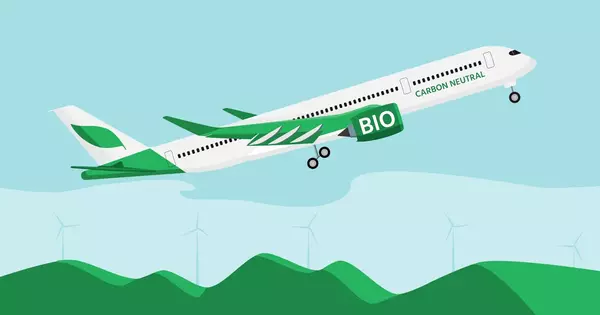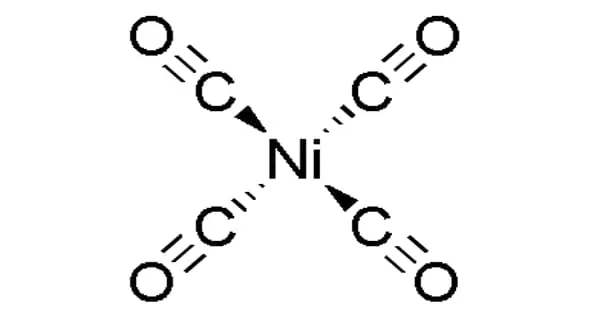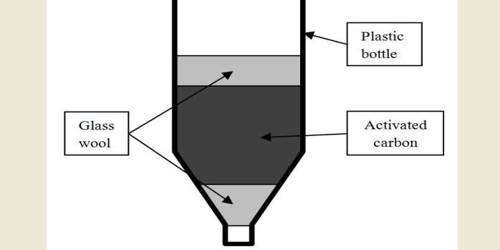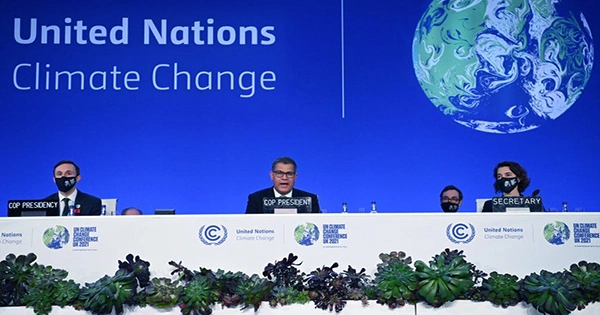Net-zero aviation fuel refers to a type of fuel that does not contribute to greenhouse gas emissions. This type of fuel is produced from renewable energy sources such as solar, wind, or hydroelectric power, or from sources that can be replenished, such as plants or algae. This can be achieved by producing fuel from renewable energy sources, such as biomass or solar power, or by capturing and storing the CO2 emissions from the production process.
One approach to producing net-zero aviation fuel is through the use of biofuels, which are derived from renewable resources such as vegetable oil, animal fats, or crop residues. Another approach is through the production of synthetic fuels, such as hydrogen or synthetic hydrocarbons, using renewable electricity or carbon capture technology.
Another promising approach to producing net-zero aviation fuel is through the use of sustainable aviation fuels (SAFs), which are made from feedstocks such as agricultural waste, forestry residue, and non-food crops. SAFs can be produced using a variety of conversion processes, including gasification, pyrolysis, and fermentation.
In addition to SAFs, another approach to achieving net-zero aviation fuel is through the use of synthetic fuels, also known as e-fuels. E-fuels are produced by combining renewable energy sources, such as wind or solar power, with carbon dioxide captured from the air or industrial processes. The resulting fuel has a very low carbon footprint and can be used as a drop-in replacement for traditional fossil fuels.
Net-zero aviation fuel is seen as a key component in the aviation industry’s efforts to reduce its carbon footprint and achieve carbon neutrality by 2050. The development and adoption of net-zero aviation fuel will require significant investment in research and development, as well as in the infrastructure needed to produce and distribute the fuel on a large scale.
Several airlines and aviation companies have committed to using net-zero aviation fuel in their operations in the coming years as part of their efforts to reduce their carbon footprint and meet their climate goals. However, the production of net-zero aviation fuel is still in its early stages and faces several technical and economic challenges, including high production costs and limited availability of feedstocks.
















